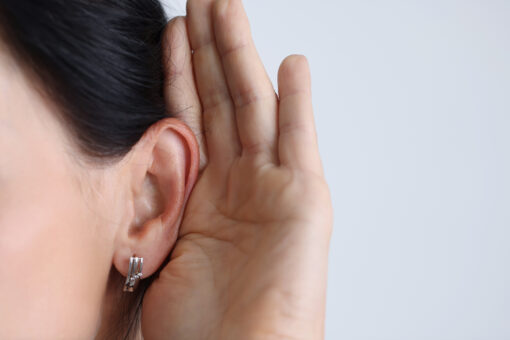The law guarantees a fair trial and protects your rights if you are charged with a crime on the federal level. Making sure any testimony against you comes from reputable sources is a part of that protection. Because of this, the Federal Rules of Evidence generally prohibit the use of hearsay as evidence in federal trials. Read on to learn more and contact Chambers Law Firm at 714-760-4088 for a free legal consultation.
What is Hearsay?
A remark that (1) the declarant does not make while testifying at the current trial or hearing, and (2) a party offers in evidence to support the truth of the matter asserted in the statement is defined as hearsay.
Hearsay Guidelines for Federal Criminal Trials
A “statement” is someone’s vocal, written, or nonverbal behavior that is intended to be an assertion. Hearsay remarks are unreliable as admissible evidence, which is the main justification for rules on hearsay in criminal trials. Furthermore, they cannot be cross-examined because they were not made on oath.
A typical case of hearsay is when a witness claims that a friend told them the defendant had confessed to the crime, but the person who allegedly said this is silent. Certain remarks—like past statements from witnesses who testified and were questioned on the subject of a prior statement—are not regarded as hearsay. It was given under penalty of perjury and was in conflict with their evidence.
It is also not hearsay if it supports their evidence and is used to disprove a claim that they recently made up something, that they were behaving under dubious circumstances, or that they were impersonating someone they had previously seen.
Finally, a statement that is used to discredit an opposing party but was made in an official capacity, by someone who has the right to speak on the matter, or by a co-conspirator during and in support of that speech is not considered hearsay. Below, our federal criminal defense attorneys will go through this subject in more detail.
There Are Exceptions to the Rule
There are 23 circumstances in which hearsay is actually admissible in federal criminal court, according to Rule 803 of the Federal Rules of Evidence. They consist of the following, but are not restricted to:
- Statements made in the present tense describing events or circumstances as they were at the time they were observed.
- A comment spoken when under stress or excitement and recalled in the “heat of the moment” (these statements are spur-of-the-moment and are less likely to be fabricated).
- An earlier declaration that the declarant made while their memory was still sharp but that they can no longer recall with clarity.
- Statements made to a doctor for the aim of diagnosis or therapy in relation to a medical condition.
- Observations regarding a person’s reputation and character in general.
- Records kept by the family about their lineage, members’ births, marriages, and deaths (e.g., in a family Bible).
- Marriage licenses, baptismal certificates, etc.
- Records of religious institutions pertaining to marriage, baptism, and other family-related events.
- Public records made and kept on file by a government institution or agency.
- Records of routinely carried out operations.
- Verifiable statements contained in documents created prior to January 1, 1998.
- Verdicts on previous convictions.
In the absence of an exception, there can still be another justification for included the remark in the evidence. Be sure to talk to your criminal defense attorney if you have a particular situation you are concerned with. If you have not yet spoken to a criminal defense attorney, call Chambers Law Firm at 714-760-4088 for a free legal consultation.





